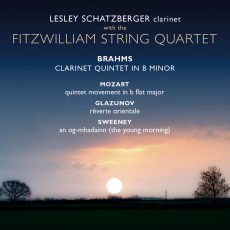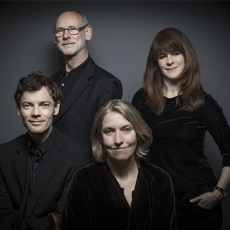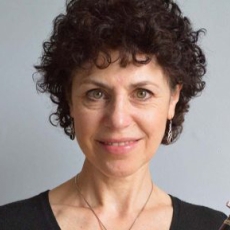Brahms - Lesley Schatzberger and the Fitzwilliams - Gramophone
"Is yet another disc of the Brahms Clarinet Quintet really needed?" asks Alan George in his excellent note to this one. His answer is that a new approach is here made. Part of it is through use of a clarinet which Lesley Schatzberger had built as a copy of the instrument used by the work's first performer, Brahms's much admired friend Richard Mühlfeld. But reconstruction of how the music should have sounded to Brahms and his contemporaries goes further. Briefly, performance practice at the end of the 19th-century included at least two conventions later abandoned. One, urged upon performers by most 19th-century composers, was a flexibility in tempo within a movement. Another was the liberal use of portamento, which can be heard on very early records. It is sensitively applied here, most evidently by the first violin, Lucy Russell, in linking some of the notes in the theme of the Adagio. As part of this whole approach there derives the argument that the quintet is a sharper, livelier work than the now prevalent image of it as "autumnal". In this manner Lesley Schatzberger plays it, for instance turning the clarinet into a Hungarian folk tárogató for the skirls in the Adagio, and generally lightening and brightening the music. She gives a fascinating and attractive performance.
The record includes, as well as Glazunov's mild-mannered Rêverie and William Sweeney's piece in which the clarinet murmurs and chirrups over slow string chords, Duncan Druce's skilful and idiomatic completion of a 93-bar fragment of a clarinet quintet Allegro which Mozart began in Vienna in 1787.


